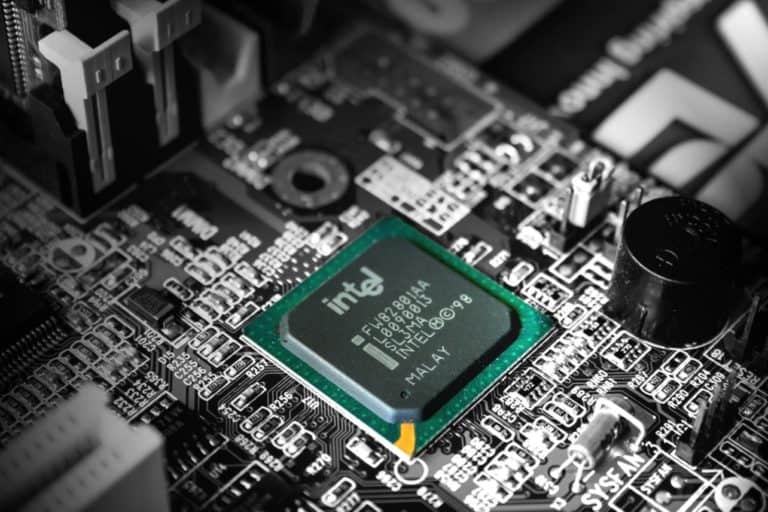Intel’s market segmentation has made ECC available for servers but not PCs.
This week, Linux kernel creator Linus Torvalds wrote a post fiercely critical of Intel. In a post on Real World Technologies, he blames the chipmaker for the lack of Error Correcting Checksum (ECC) RAM in consumer PCs and laptops.
ECC RAM is a memory chip that includes a small amount of extra memory that can detect and correct errors.
“Intel has been instrumental in killing the whole ECC industry with it’s horribly bad market segmentation,” he claims, referring to Intel’s deliberate separation of the server and consumer PC markets. While the chip giant adds ECC to server machines, they use the cheaper non-ECC in consumer devices.
“Intel has been detrimental to the whole industry and to users because of their bad and misguided policies wrt ECC,.” he says.
How and why bit-flip memory errors happen
For every 64-bit word stored in RAM, there are eight checking bits. A single bit error—a 0 flipped to 1, or a 1 flipped to 0—can be both detected and corrected automatically. But when three or more bit-flips occur in the same word, detection is not guaranteed .
In consumer machines, even single-bit errors go undetected and can introduce instability into systems and corruption into data. And such errors are over 40 times more likely to occur than multiple-bit errors, according to a Google study.
Recently, malefactors have developed memory-based side channel attacks. These attacks, known as “Rowhammer” attacks, use controlled, rapid bit flips in areas of RAM accessible to one application to or modify the values of data in adjacent areas of RAM they shouldn’t be able to.
And although ECC RAM can’t stop all memory-targeted attacks, it can generally stop these Rowhammer attacks.
Intel has created the problem, according to Linus
Torvalds aims his ire at Intel for leaving PCs vulnerable to Rowhammer attacks.
“And if you don’t believe me, then just look at multiple generations of rowhammer,” he says, “where each time Intel and memory manufacturers bleated about how it’s going to be fixed next time.”
“How many times has a row-hammer like bit-flip happened just by pure bad luck on real non-attack loads?” Torvalds asks. “We will never know. Because Intel was pushing shit to consumers.”
